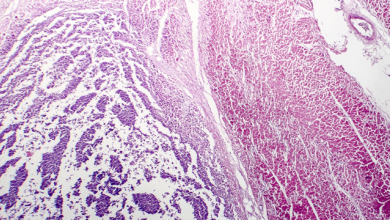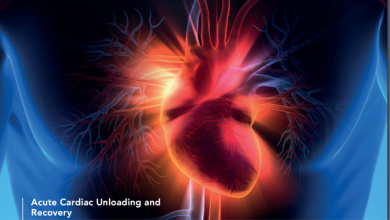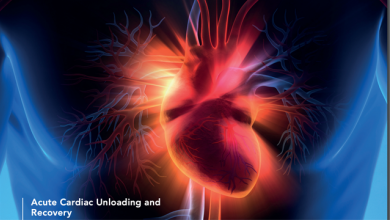Search results
Author(s):
Zaccharie Tyler
,
Oliver P Guttmann
,
Konstantinos Savvatis
,
et al
Added:
2 years ago
Mark Linch
Job title: Associate Professor and Consultant in Uro-Oncology
Author
Author(s):
Carsten Tschöpe
Added:
4 years ago
Author(s):
Andreas Melzer
Added:
3 years ago
Dundee Clinical Research Centre
The new Dundee Clinical Research Centre (CRC) is a joint activity of the College of Medicine and NHS Tayside Ninewells Hospital and Medical School – one of the largest teaching hospitals in Europe. It is designed for 3-Tesla magnetic resonance imaging (MRI) and positron emission tomography computed tomography (PET CT) facilities adjacent to an interventional suite…
View more
Author(s):
Carsten Tschöpe
Added:
6 years ago
Author(s):
Mark Anderson
,
Nicolas Brozzi
,
Raul Rosenthal
,
et al
Added:
2 months ago
Author(s):
William R Colyer Jr
,
Christopher J Cooper
Added:
3 years ago
Atherosclerotic renal artery stentosis (RAS) is a frequently recognised cause of secondary hypertension and chronic kidney disease.1–4 Revascularisation of RAS with angioplasty and stenting is often performed with the goals of improved blood pressure control and preserving or improving renal function.5 However, renal artery stenting is sometimes associated with acute worsening of renal function.6…
View more
Author(s):
Martine Gilard
,
Mourad Mejri
,
Pierre-Yves Pennec
,
et al
Added:
3 years ago
The evaluation of ischaemic heart disease requires the measurement of regional and global ventricular function, identification of the presence and extent of myocardial ischaemia, visualisation of luminal narrowing of the coronary arteries and assessment of myocardial infarction (MI) and viability. Cardiovascular magnetic resonance imaging (MRI) has evolved over the last decade into a valuable…
View more
‘Primary’ Microvascular Angina
Author(s):
Gaetano Antonio Lanza
,
Juan Carlos Kaski
Added:
3 years ago
Article
Author(s):
Robert J Henning
Added:
3 years ago
Myocardial infarction (MI) is the leading cause of death among people in the industrialised world and will, according to the World Health Organization (WHO), become the leading cause of death in the world in 2020.1 For the treatment of patients with MIs and ischaemic cardiomyopathies, remarkable medical advances have been made during the second half of the 20th Century that have increased patient…
View more















